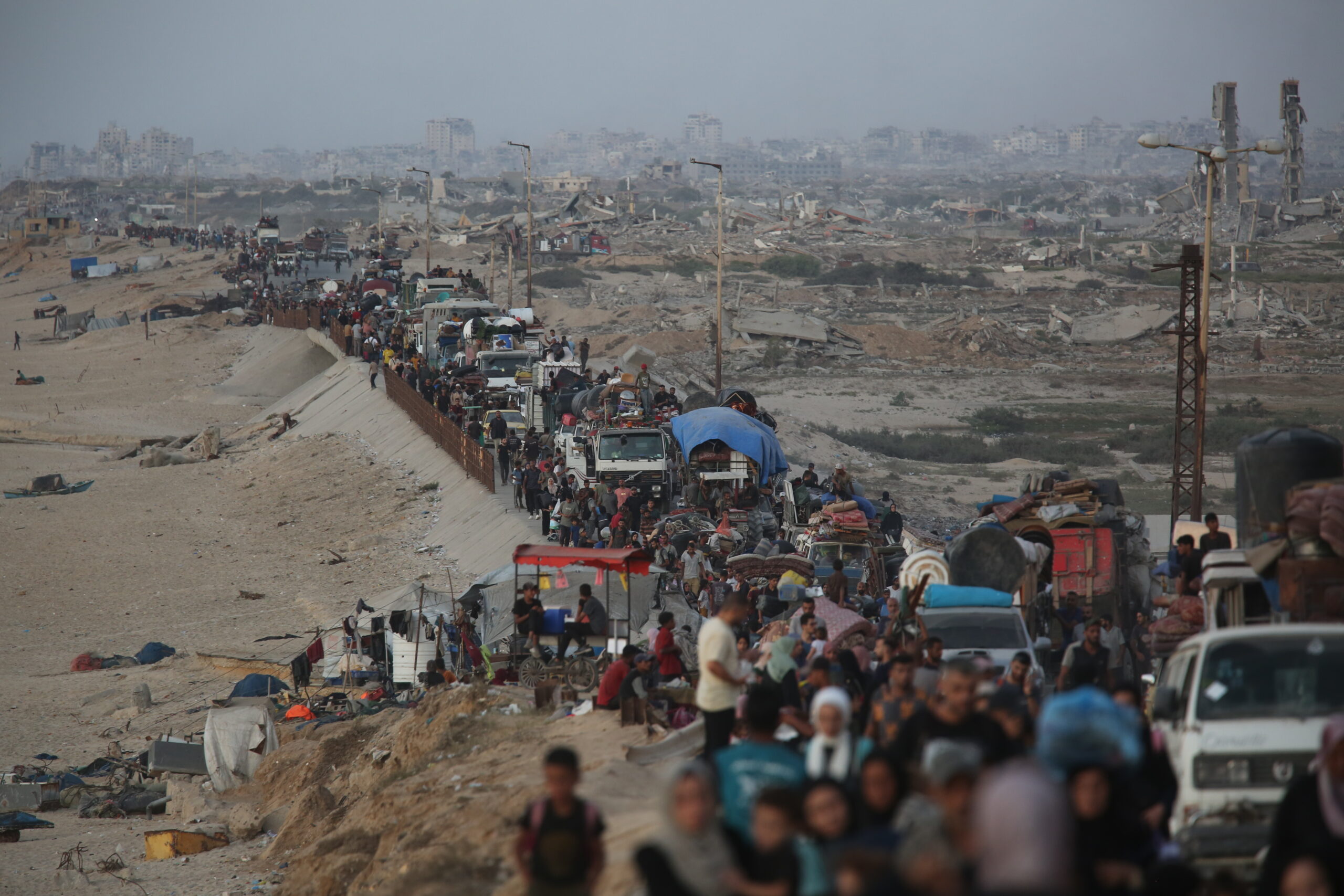
The UK’s long-overdue recognition of the State of Palestine is welcome—but hollow. Its symbolism collapses under the screams from Gaza. More than a century after the Balfour Declaration began Palestinian dispossession, this gesture feels less like atonement than an empty apology—one that neither stops the slaughter nor challenges Netanyahu’s vow that “there will be no Palestinian state.”
As Pakistani Senator Mushahid Hussain put it, Britain is trying to atone for its “original sin.” Yet recognition is grotesquely out of step with reality. On the very day of the announcement, Israeli forces killed over 75 Palestinians and injured more than 300. Such bloodshed is no anomaly but the rhythm of a campaign that, since October 7, 2023, has killed upwards of 65,000 people.
While diplomats debate statehood, Palestinians fight for survival. Gaza lies in ruins; the West Bank is carved up by creeping annexation. Symbolism means nothing in the face of annihilation. Senior Israeli ministers—echoed by allies in Washington—openly call for expelling Palestinians and redeveloping the land as “real estate.”
True morality demands action, not platitudes. On August 31, the International Association of Genocide Scholars—representing over 500 experts—voted by 86% to declare Israel’s actions a genocide. Its president, Melanie O’Brien, called it a “definitive statement.” Days later, a UN Commission of Inquiry reached the same conclusion. These are not rhetorical flourishes but the verdicts of the world’s foremost authorities.
Yet the UK government refuses even to utter the word genocide, let alone act to stop it.
Here lies the contradiction: to recognise a state is to affirm its right to exist peacefully. To then refuse to restrain the power occupying it makes recognition meaningless. Business cannot continue as usual under occupation. Britain knows this—it has written the playbook.
When Russia invaded Ukraine, the UK acted decisively: arms embargo, frozen military ties, sanctions on banks and oligarchs, diplomatic isolation, support for ICC prosecutions. If sovereignty matters universally, recognising Palestine demands the same resolve.
What blocks action is not principle but politics. Declassified UK found that 180 MPs in the last parliament took money from pro-Israel lobby groups or individuals. Such entanglements make silence, abstention, and inaction the path of least resistance—private interests above international law.
Britain’s record at the UN exposes this cynicism. It abstained on the December 2023 vote calling for a humanitarian ceasefire, release of hostages, and respect for international law. On resolutions condemning settlement expansion, it has wavered or abstained. To recognise Palestine while withholding protection is the height of hypocrisy. Recognition demands a consistent “yes” for ceasefires, humanitarian access, and enforcement of law.
Recognition without accountability is a paradox. Endorsing a state while refusing to restrain its occupier legitimises the very conditions that erase it. Without pressure, the two-state solution is a political illusion.
And Britain is late: 146 nations have already recognised Palestine. For Palestinians, recognition is not a gift but a right. Rights are not bestowed; they are upheld. Upholding them means action: an arms embargo, suspension of military and intelligence ties with Israel, sanctions on war criminals, and support for lawful tools such as the BDS movement, alongside full backing for UN and ICC investigations.
Accountability must also begin at home. British citizens serving in the Israeli military—including dual nationals implicated in mass civilian killings—are potentially complicit in war crimes. Germany, France, and South Africa are already investigating such cases. Britain cannot wash its hands.
Opposition will come from lobby groups such as the Board of Deputies, which has defended Israel’s unlawful policies—from settlement expansion to every military assault on Palestinians over the past two decades—and dismissed the ICC’s Palestine investigation as “biased.” This hardline stance is reinforced by the frequent conflation of legitimate criticism of Israel with antisemitism, codified in the broad application of the IHRA definition. Together, lobby pressure and restrictive definitions stifle lawful political speech and constrain Britain’s ability to uphold international law, including the protection of Palestinian rights and enforcement of humanitarian norms.
History will not judge us by who drew lines on a map. It will judge us by who acted while genocide unfolded. The UK has taken a timid first step. It must now summon the courage to sanction, embargo, and hold perpetrators—including its own citizens—to account. The knowledge is there. Only political will is missing. Without it, recognition is a hollow gesture in the face of atrocity.
Photo: Palestinians flee with their belongings loaded on vehicles and carts as others walk along Rashid Street towards the south of Gaza, following intensified Israeli airstrikes and evacuation orders in the northern areas of the enclave in Gaza City, Gaza on September 17, (Credit: Hassan Jedi/AA)

